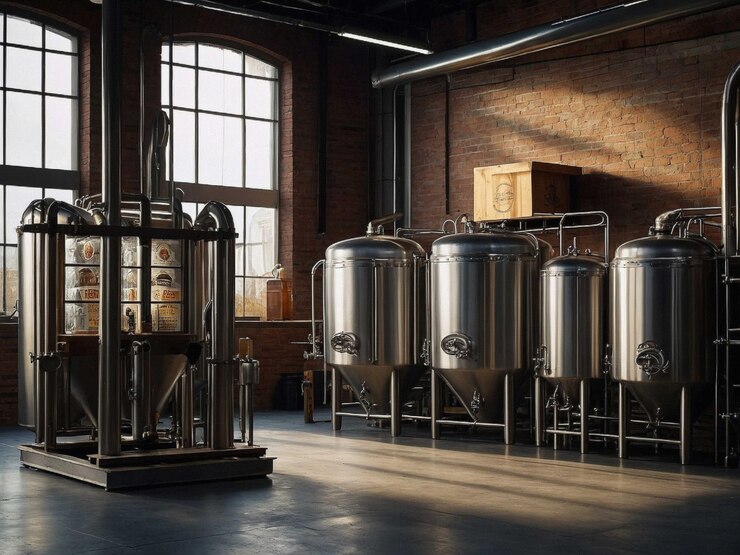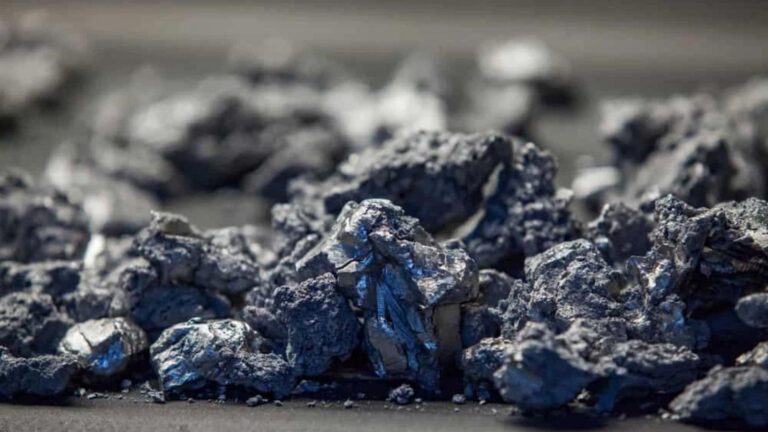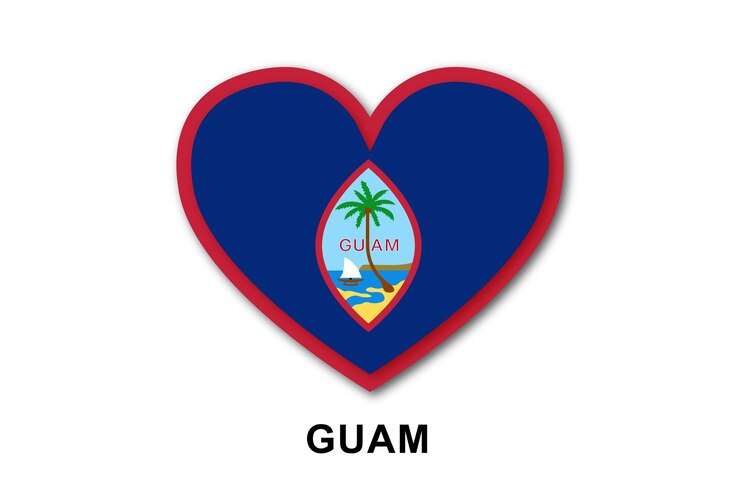Why Are Berkey Water Filters Banned in California?
California is known for its stringent regulations and environmental consciousness, and when it comes to water filtration, the state takes no exceptions. Berkey Water Filters Banned in California renowned for their high performance and reliability, face a ban in California that might seem puzzling at first. So, what’s the story behind this ban? Let’s dive into the reasons and implications.
The Basics of Berkey Water Filters
Berkey water filters are popular for their ability to purify water by removing contaminants, including bacteria, viruses, and other pollutants. They use a combination of microfiltration and activated carbon to achieve high levels of purification. The filters are especially favored by those who want to ensure their drinking water is as clean as possible, often used in homes, camping trips, and even emergency preparedness kits.
The California Ban: An Overview
In California, however, Berkey water filters face restrictions. This ban is not just a random decision but stems from specific regulations and concerns. Understanding these regulations requires a closer look at the state’s water safety laws and how they impact water filtration systems.
California’s Strict Water Filtration Regulations
California has some of the most rigorous water quality regulations in the United States. The state’s Department of Public Health (DPH) is responsible for setting standards for water filtration systems. These standards are designed to ensure that all water filters meet safety and effectiveness criteria.
Why Berkey Filters Don’t Meet California Standards
The main issue with Berkey water filters lies in their certification. In California, all water filtration systems must be tested and certified by an independent third-party organization. This certification process ensures that the filters meet specific performance criteria, including the ability to remove certain contaminants and meet safety standards.
Berkey filters have not been certified by any of the approved third-party organizations recognized by California’s DPH. This lack of certification is a significant factor in the ban, as the state requires all filters to undergo rigorous testing to ensure they perform as claimed.
Health and Safety Concerns
The health and safety of Californians are at the forefront of the state’s regulations. While Berkey filters are known for their effectiveness, the absence of official certification raises concerns about their true performance. California’s regulations are designed to protect consumers from potentially misleading claims and ensure that all products meet high safety standards.
The Certification Process
To gain approval in California, water filters must undergo a certification process that includes:
- Testing for Contaminant Removal: Filters must be tested for their ability to remove specific contaminants, including bacteria, viruses, and chemicals.
- Material Safety: The materials used in the filters must be evaluated to ensure they do not leach harmful substances into the water.
- Performance Validation: Filters must demonstrate that they perform consistently over their intended lifespan.
Berkey filters have not completed this process with the approved organizations, which is why they are not available for sale in California.
Impact on Consumers
For consumers in California, the ban on Berkey filters means they have to seek alternative filtration options that meet state standards. While this may limit the choices for those who prefer Berkey’s products, it ensures that all available filters are thoroughly tested and certified for safety and effectiveness.
Alternatives to Berkey Filters
Fortunately, there are several other water filtration systems available in California that meet the state’s regulations. These alternatives include:
- Activated Carbon Filters: These are effective at removing chlorine, volatile organic compounds (VOCs), and other chemicals.
- Reverse Osmosis Systems: These systems are known for their ability to remove a wide range of contaminants, including heavy metals and salts.
- UV Purifiers: Ultraviolet light systems are effective at killing bacteria and viruses, ensuring the water is safe to drink.
The Future of Berkey Water Filters Banned in California
The situation with Berkey filters could change in the future if the company decides to pursue certification through the approved organizations. This process would involve testing and validation of their products according to California’s stringent standards. Until then, consumers will need to explore other options for their water filtration needs.
Conclusion
The Berkey Water Filters Banned in California is a result of the state’s strict regulations and certification requirements. While Berkey filters are known for their high-quality performance, their lack of certification from recognized third-party organizations has led to their restriction in the state. California’s regulations are designed to ensure consumer safety, and while this may limit choices, it helps maintain high standards for water filtration products.
FAQs
Why are Berkey Water Filters Banned in California?
The ban is due to Berkey filters not having certification from California-approved third-party organizations, which is required for compliance with the state’s water filtration regulations.
Can I use Berkey filters if I live outside California?
Yes, Berkey filters are available and can be used in other states that do not have the same certification requirements as California.
What are some certified alternatives to Berkey filters in California?
Certified alternatives include activated carbon filters, reverse osmosis systems, and UV purifiers, all of which meet California’s stringent standards.
Can Berkey filters become certified in the future?
Yes, Berkey could potentially pursue certification through the approved organizations to meet California’s requirements in the future.
How can I ensure my water filter is compliant with California regulations?
Check for certification from California-approved third-party organizations and verify that the filter meets the state’s performance and safety standards.







